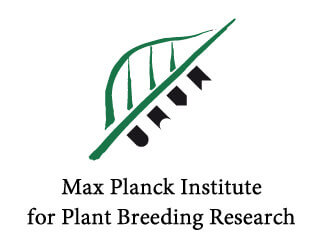Max Planck Institute for Plant Breeding Research

The Max Planck Institute for Plant Breeding Research conducts basic molecular biological research on plants with the goal of developing more efficient breeding techniques and environmentally sound plant protection strategies for industrial crops.
We wish to determine whether and how a detailed understanding of molecular mechanisms defined in model plant species can be used to rationally manipulate selected traits in crop plants.
The primary scientific goal of the Department of Plant Developmental Biology (Director: George Coupland) is to study molecular mechanisms that regulate the responsiveness of plant development to environmental cues. In particular, a strong emphasis is placed on understanding the mechanisms controlling the transition to flowering in response to environmental signals and in explaining the diversity in flowering responses observed between species. These studies employ molecular-genetic, biochemical and cell biology-based approaches in the model species Arabidopsis thaliana to investigate the roles of key regulatory proteins in flowering. Of particular interest are the mechanisms by which seasonal changes in day length control flowering, the role of the endogenous circadian clock in measuring day length, the importance of chromatin structure in controlling the transcription of flowering-time genes and how the functions of regulatory proteins are modulated by phosphorylation or the attachment of the small protein ubiquitin. Researchers in this department also study how these processes have evolved in other plant species Here, the department focuses particularly 1) on the modifications of flowering pathways that took place during domestication of barley, 2) on how these pathways respond to abiotic stresses such as drought, and 3) the mechanisms by which distinct life histories, such as perennialism, have emerged during evolution as a consequence of alterations in the regulation of flowering.
